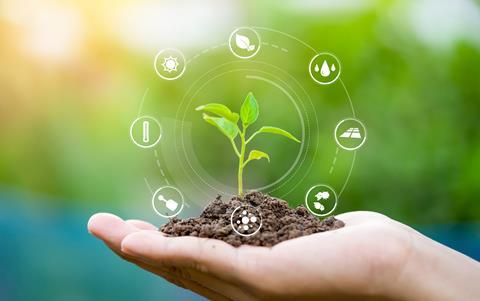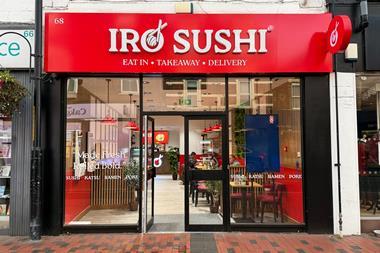
Our agrifood systems have a hidden cost to health, society and the environment that amounts to at least $10 trillion a year, a report by the United Nations’ Food and Agriculture Organization has warned.
This is the equivalent to 10% of the world’s GDP, calculated the FAO’s The State of Food and Agriculture 2023 report.
The report looked into the true cost of agrifood systems and broke down those costs into three categories: environmental, social and health.
More than 70% of those costs are driven by unhealthy diets that are high in ultra-processed foods, fats and sugars, found the UN agency. The resulting rise in obesity and other diseases causes a major strain on labour productivity and healthcare systems, it explained.
One fifth of the total costs are environment-related, comprising nitrogen emissions (over 50%), greenhouse gases (30%), land-use change costs (14%) and water use (4%), the analysis showed. However, the FAO said the scale of the financial impact was “probably underestimated due to data limitations”.
Meanwhile, hidden social costs associated with poverty and undernourishment accounted for 4% of total quantified hidden costs. These costs were most significant in low-income countries.
Low-income countries were also proportionately the hardest hit by the hidden costs of agrifood systems. The total financial hit is estimated to equal 25% of their combined GDP, as opposed to less than 12% in middle-income countries and less than 8% in high-income countries.
This is despite 75% of hidden costs being generated in high- and upper-middle-income countries.
In the UK and the EU, for instance, around 80% of hidden costs are health-related, while 20% of costs are environmental.
But in Africa, over 40% of hidden costs are health-related, 30% are social costs, and 25% are environmental costs.
The report authors said the findings highlighted “the undeniably urgent need to factor these costs into decision-making to transform agrifood systems”.
In the UK alone, estimated total costs were 255.5 million 2020 purchasing power parity (PPP) dollars, a money conversion rate used to express the purchasing powers of different currencies in comparable units like the same “basket” of goods and services.
By comparison, the costs in the US were 1.58bn PPP dollars, and in China 2.55bn PPP dollars.
FAO director general Qu Dongyu said: “In the face of escalating global challenges: food availability, food accessibility and food affordability; climate crisis; biodiversity loss; economic slowdowns and downturns; worsening poverty; and other overlapping crises, the future of our agrifood systems hinges on our willingness to appreciate all food producers, big or small, to acknowledge these true costs, and understand how we all contribute to them, and what actions we need to take.
“I hope that this report will serve as a call to action for all partners – from policymakers and private-sector actors to researchers and consumers – and inspire a collective commitment to transform our agrifood systems for the betterment of all.”
The FAO analysis covers data from 154 countries and claims to be the first of its kind to disaggregate the costs of our food systems down to the national level, comparing across cost categories and between different countries.
While this year’s report produced initial estimates, next year’s edition will focus on in-depth targeted assessments to identify the best ways to mitigate those impacts.
It will give governments guidance and suggestions on how to “pull different levers to adjust agrifood systems and drive better outcomes overall” – from taxes to subsidies, legislation and regulation.
The environmental impacts and financial costs of agribusiness around the world have been under the spotlight recently, particularly in the lead-up to the UN’s annual conference.
The focus at this year’s COP28, which will take place in Dubai from 30 November to 13 December, will also be on food and agriculture sectors.
A global coalition of some of the biggest food companies and environmental groups in the world last week called for a greater focus on food systems transformation at COP28.
More than 70 organisations – including Unilever, WWF and Wrap – have signed an open letter urging businesses and global leaders to “acknowledge the critical role of food systems in achieving the goals of the Paris Agreement”.



















No comments yet